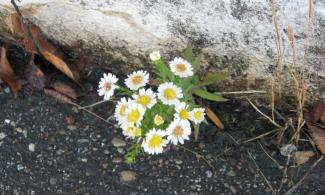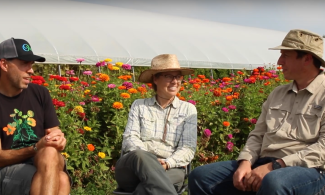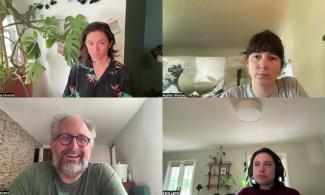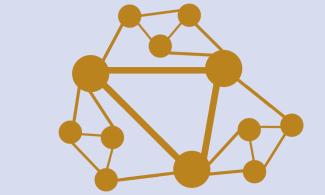Before the summer of 2023, I was a full Professor of Sustainability Leadership and Founder of the Initiative for Leadership and Sustainability (IFLAS) at the University of Cumbria. I was also the Founder of the Deep Adaptation Forum and the co-Founder of the International Scholars’ Warning on Societal Disruption and Collapse. A major transformation in my career began in 2017 as I took a year out to study the latest climate science, and released the Deep Adaptation paper which went viral. A reasonable profile of me appeared in GQ Magazine in 2023. After the release of my book Breaking Together in May 2023 (available as a free download), I decided to leave employment as a full Professor in the UK. At the age of 50, I am entering a new phase in life, where the development of a regenerative farm school in Indonesia and playing devotional music for groups will become my main focus. In addition, I write essays on collapse readiness and response, while giving the occasional talk, course, or interview, and publishing newsletters. If you could support my time to continue writing such essays, I’d appreciate it. Despite misrepresentation of me by reformist environmentalists, who unfortunately marginalise attempts to soften the breakdown of industrial consumer societies, I have never predicted near term human extinction, and have continued to support carbon cuts and natural drawdown for over 25 years. I have pushed for a wider agenda of harm reduction, beyond either giving up on social change, nor sticking to failed tactics, policies and ideologies. In 2020 I articulated this approach to staying with the total trouble of our times, while being creatively engaged in positive change, in a joint article with a co-founder of Extinction Rebellion. Neither am I an anti-vaxxer. Noticing the failures of the orthodox response to the pandemic, my arguments and advice since October 2021 have been for a smarter approach that empowers citizens to make responsible decisions, rather than only relying on passive consumption of pharmaceuticals. My book Breaking Together elaborates on these issues.





